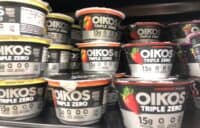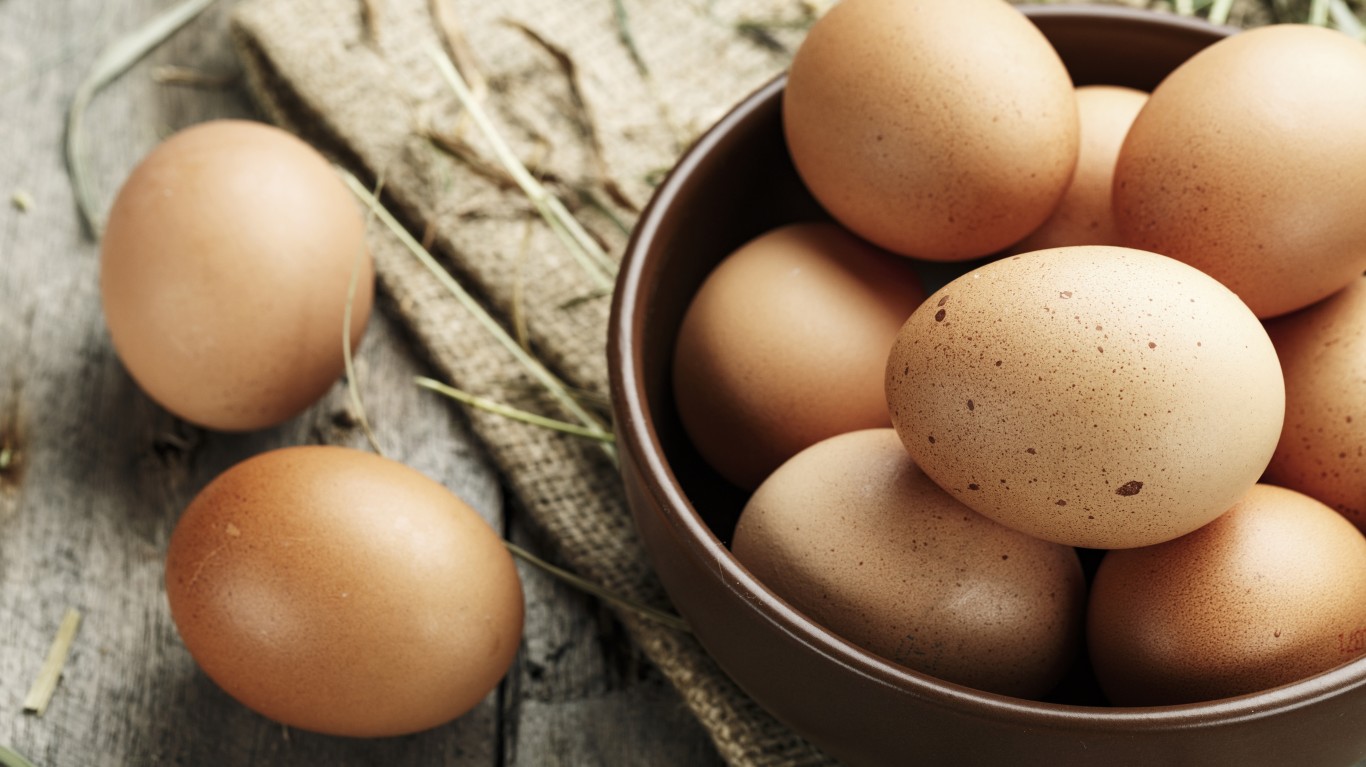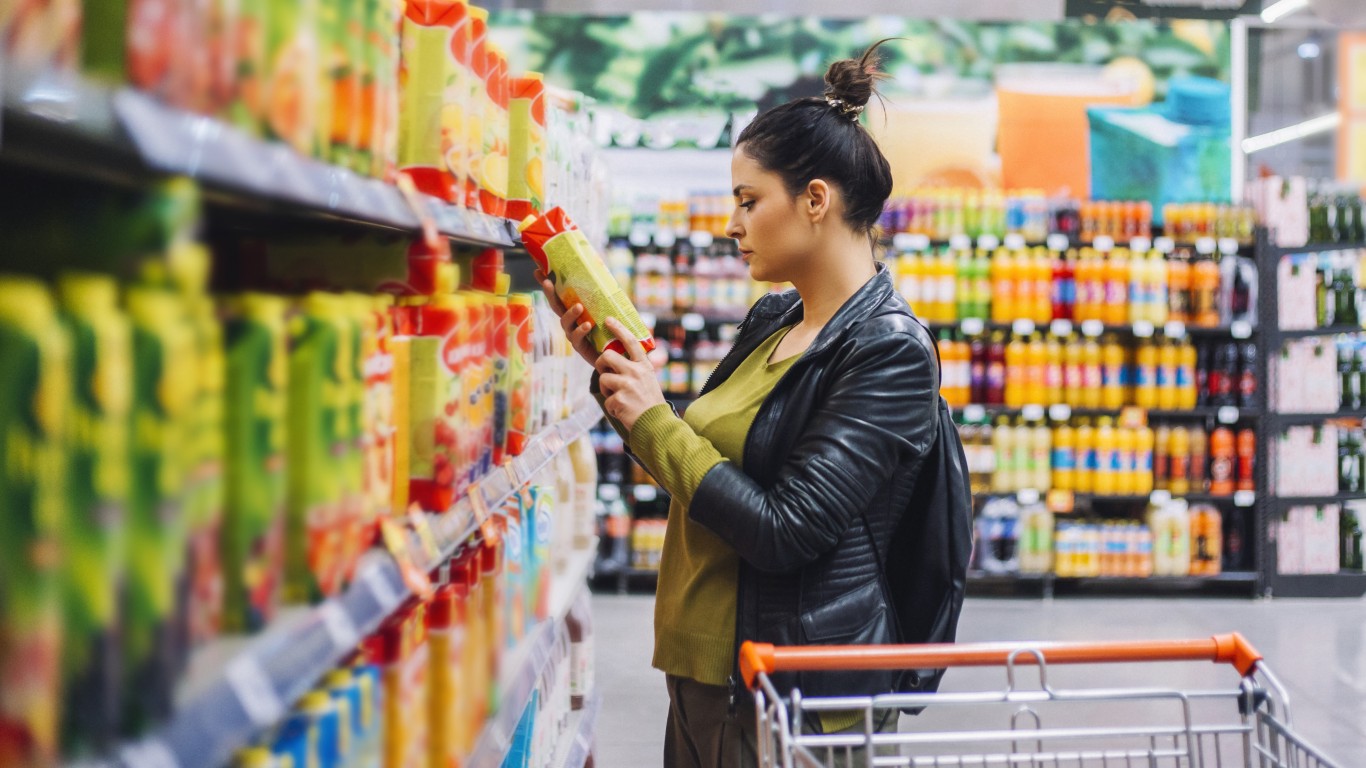
More and more people are becoming aware of the reputed health benefits of organically grown food, though what constitutes food as “organic” is not widely agreed upon. The broadest definition is that it’s food that’s without artificial fertilizers, pesticides, or other chemicals and isn’t genetically modified. (These are the most contaminated foods you can buy at the grocery store.)
While it is true that organic food’s popularity is growing, it is more expensive than non-organic food. Because of this, the more affluent nations can afford to spend more on organic foods than others.
To compile a list of the countries spending the most on organic foods, 24/7 Tempo reviewed a report by data site Statista, which in turn analyzed data from the World of Organic Agriculture 2022 report, various government bodies, the private sector, and market research companies to calculate the highest per capita amounts spent on organic food for countries around the world. For consistency, amounts are given in euros, even for countries that are not in the Eurozone, and translated into U.S. dollars. The report was published in February 2022, with data as of 2020. Data on gross domestic product per capita came from the World Bank and is as of 2021.
Organic food and drink sales reached almost $130 billion in 2020, according to the organic agricultural institute FiBL. Sales of organic foods increased during the pandemic as more people became conscious of the benefits of organic foods and their possible ability to combat disease and help build strong immune systems. (Organic farming is also good for the environment. When they’re not organic, these are the foods with the worst environmental impact.)
Organic food is more likely to find favor among younger consumers. Americans aged 18 to 29 years have the most positive opinion of it, while those aged 65 years and older are less likely to view it favorably.
Click here to see the countries that spend the most on organic food per person
The nations with the largest organic markets are the United States, Germany, and France, with the U.S. market share at 41%.
On a per-capita basis, eight of the 10 countries that spend the most on organic food are European nations. The only exceptions are the United States and Canada. Denmark and Switzerland had the highest per-capita consumption of organic food of any nation in 2020.
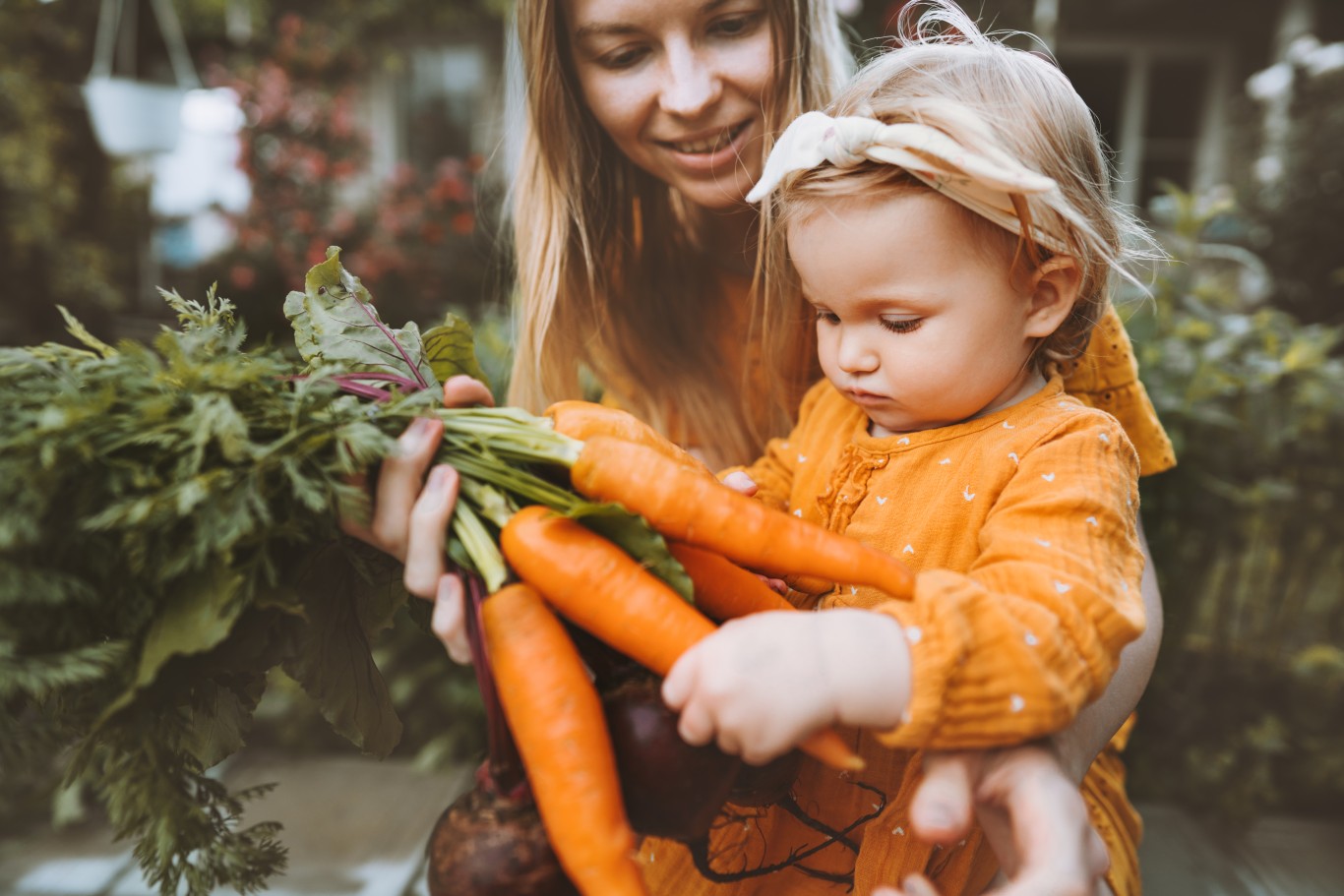
10. Norway
> Amount spent on organic food per person in 2020: €83 ($89.89)
> GDP per capita, 2021: $89,154 — #7 highest out of 266 countries
[in-text-ad]
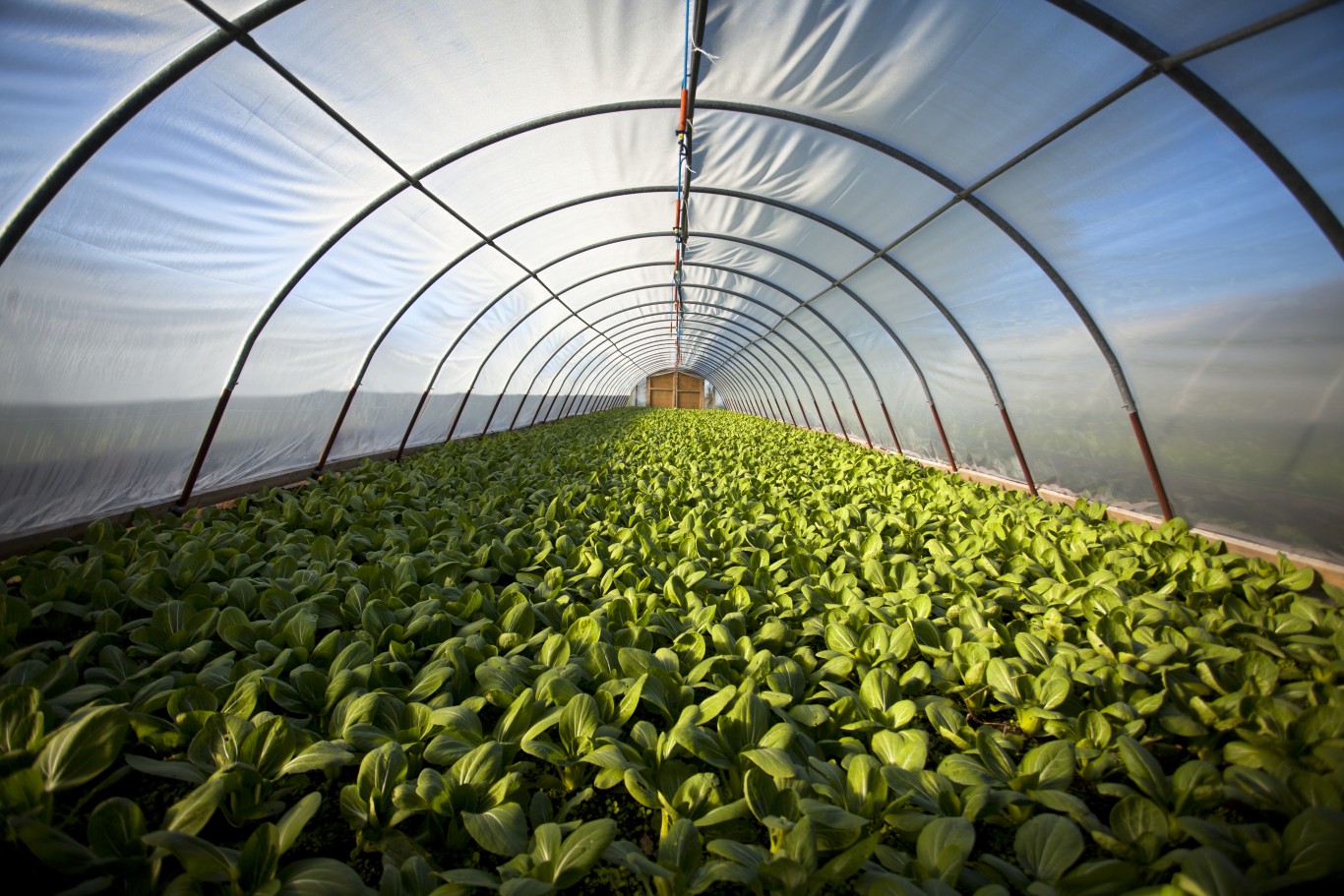
9. Canada
> Amount spent on organic food per person in 2020: €112 ($121.29)
> GDP per capita, 2021: $51,988 — #23 highest out of 266 countries
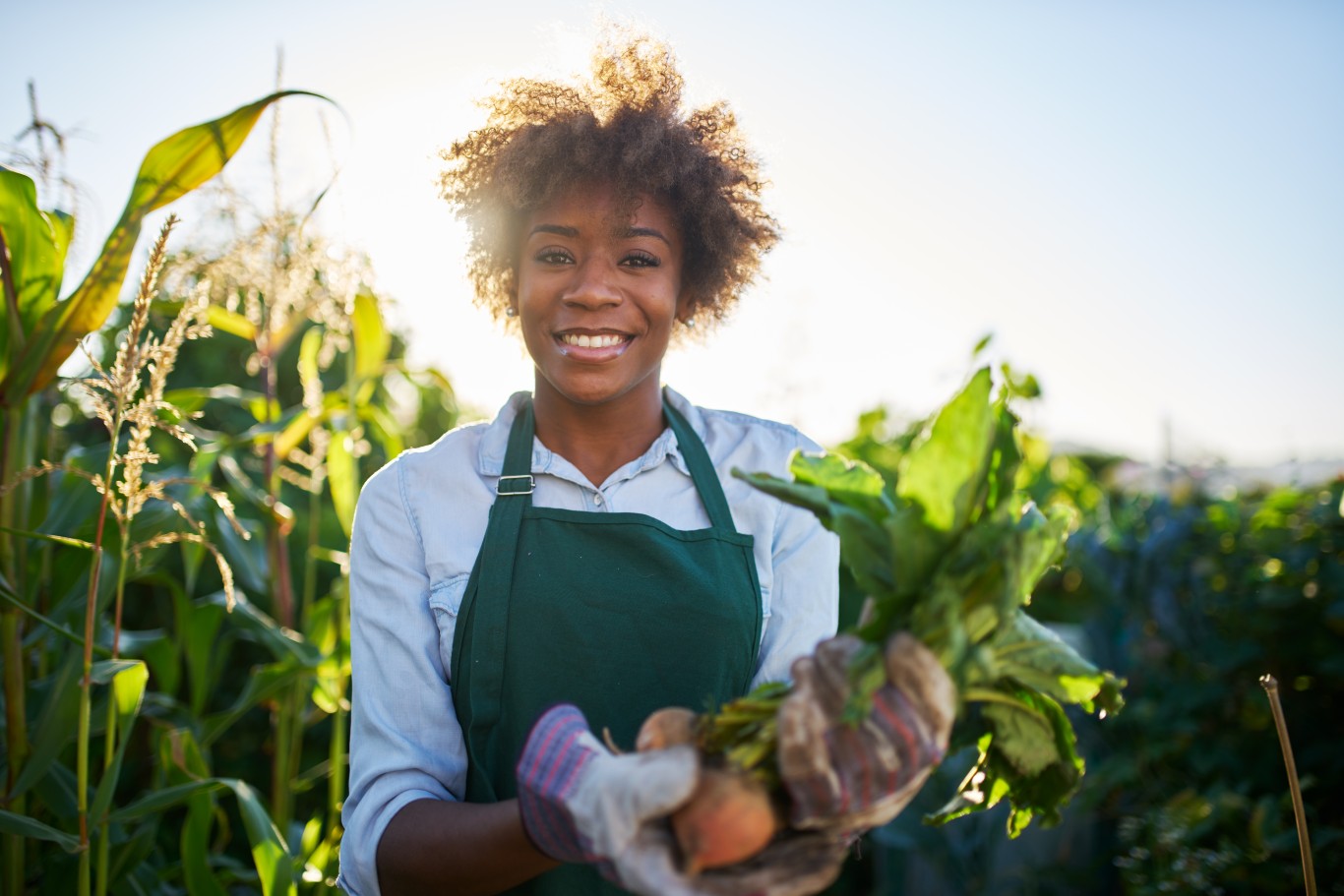
8. United States
> Amount spent on organic food per person in 2020: €148 ($160.28)
> GDP per capita, 2021: $70,249 — #10 highest out of 266 countries
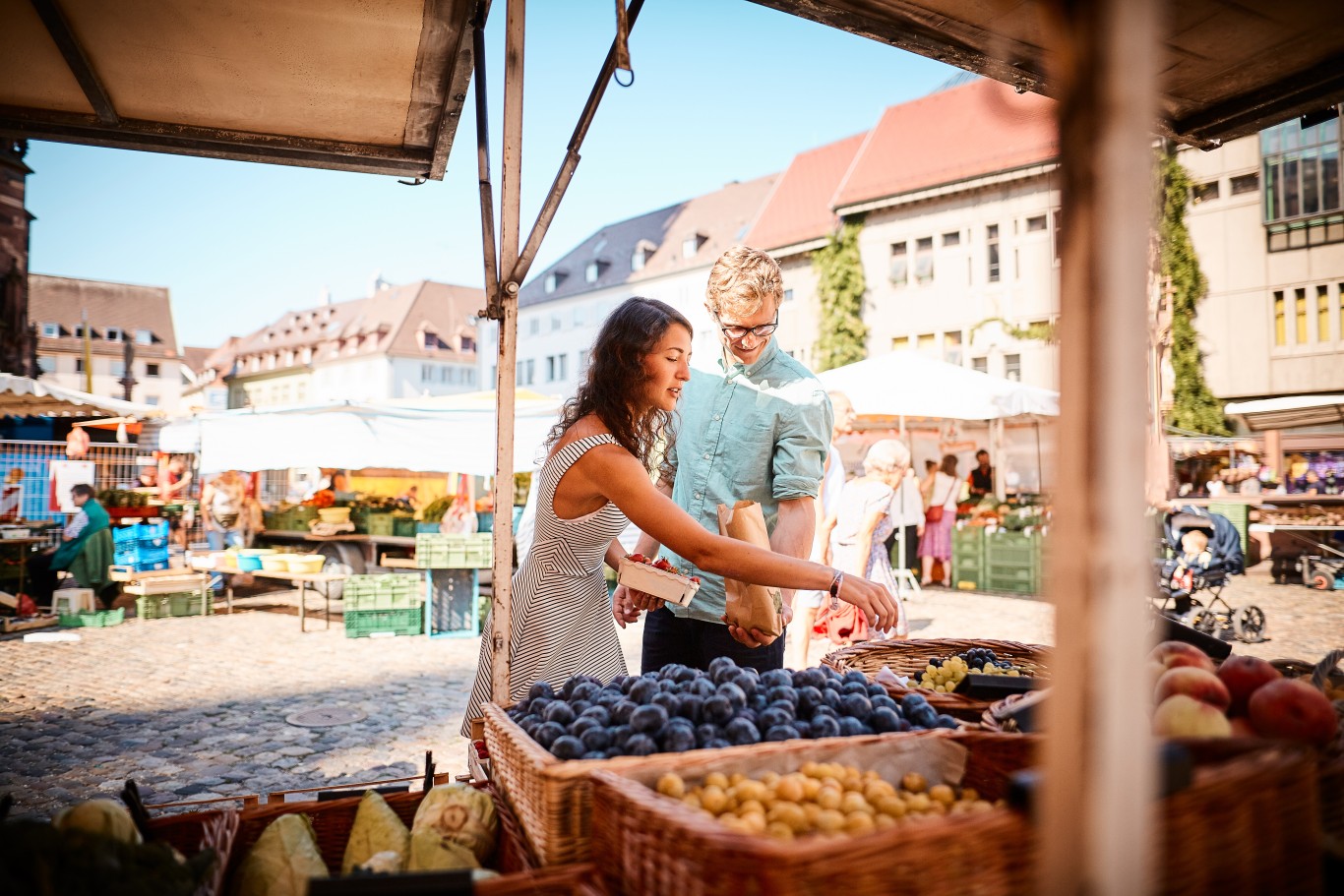
7. Germany
> Amount spent on organic food per person in 2020: €180 ($194.93)
> GDP per capita, 2021: $51,204 — #25 highest out of 266 countries
[in-text-ad-2]
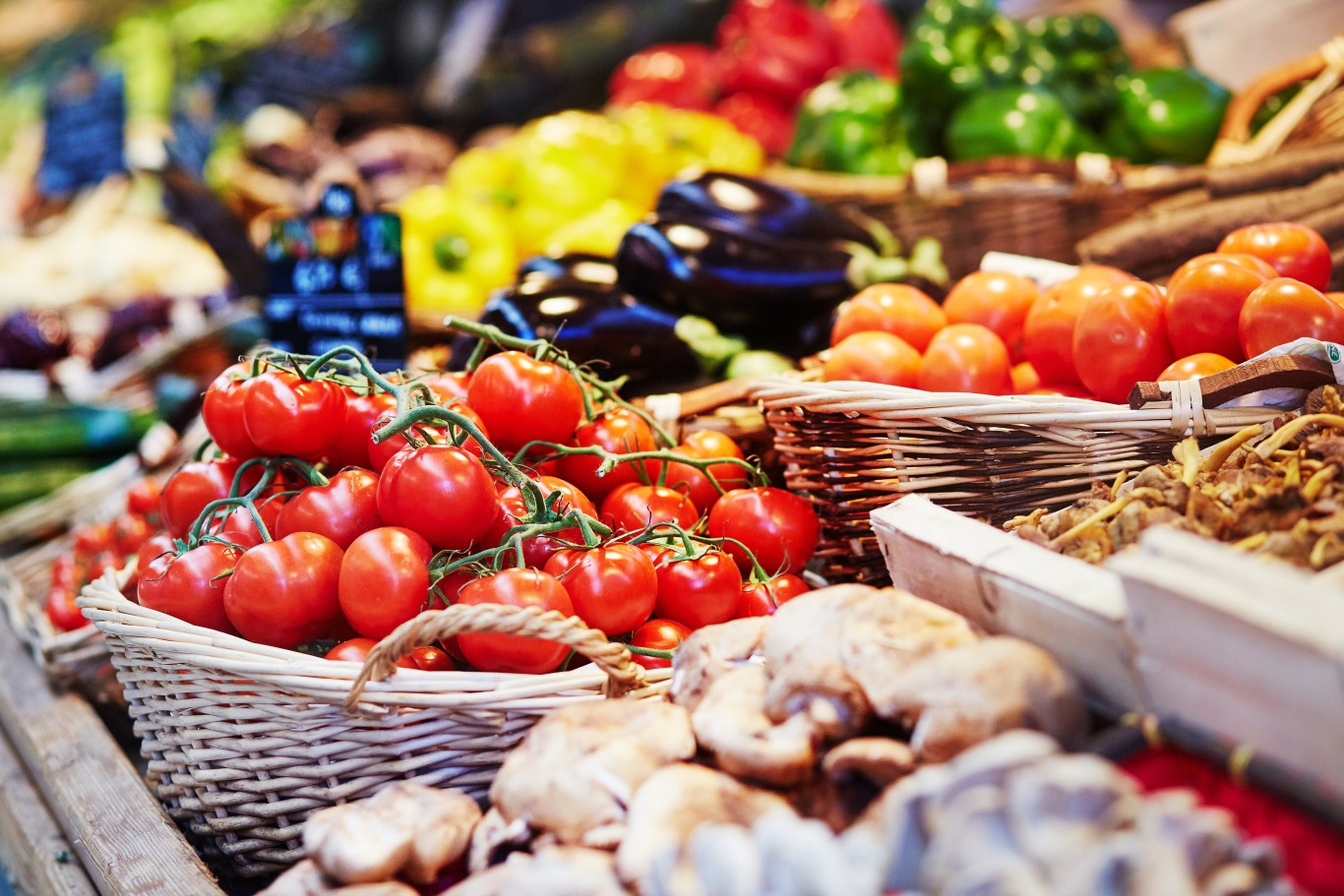
6. France
> Amount spent on organic food per person in 2020: €188 ($203.60)
> GDP per capita, 2021: $43,659 — #34 highest out of 266 countries
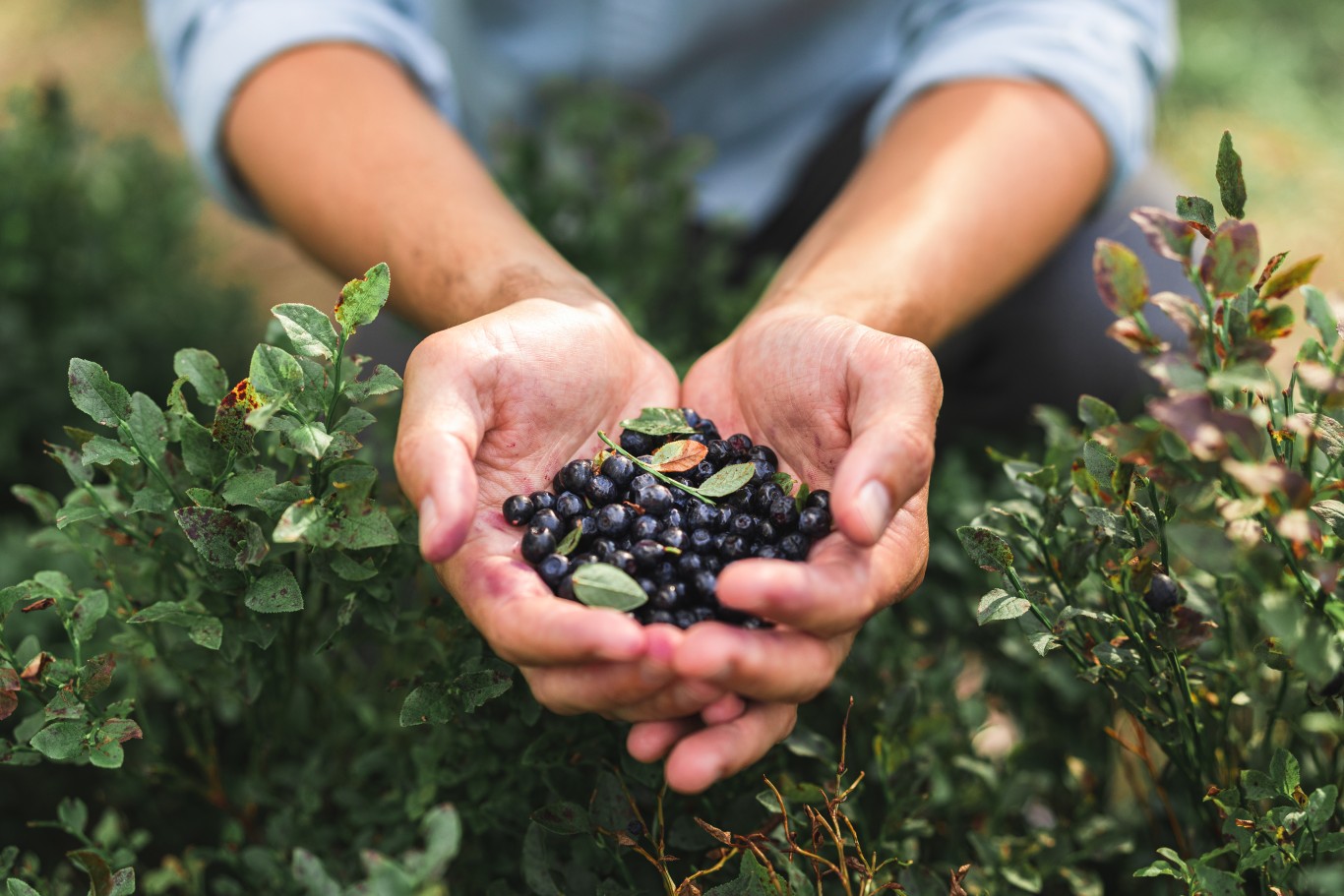
5. Sweden
> Amount spent on organic food per person in 2020: €212 ($229.59)
> GDP per capita, 2021: $61,029 — #16 highest out of 266 countries
[in-text-ad]
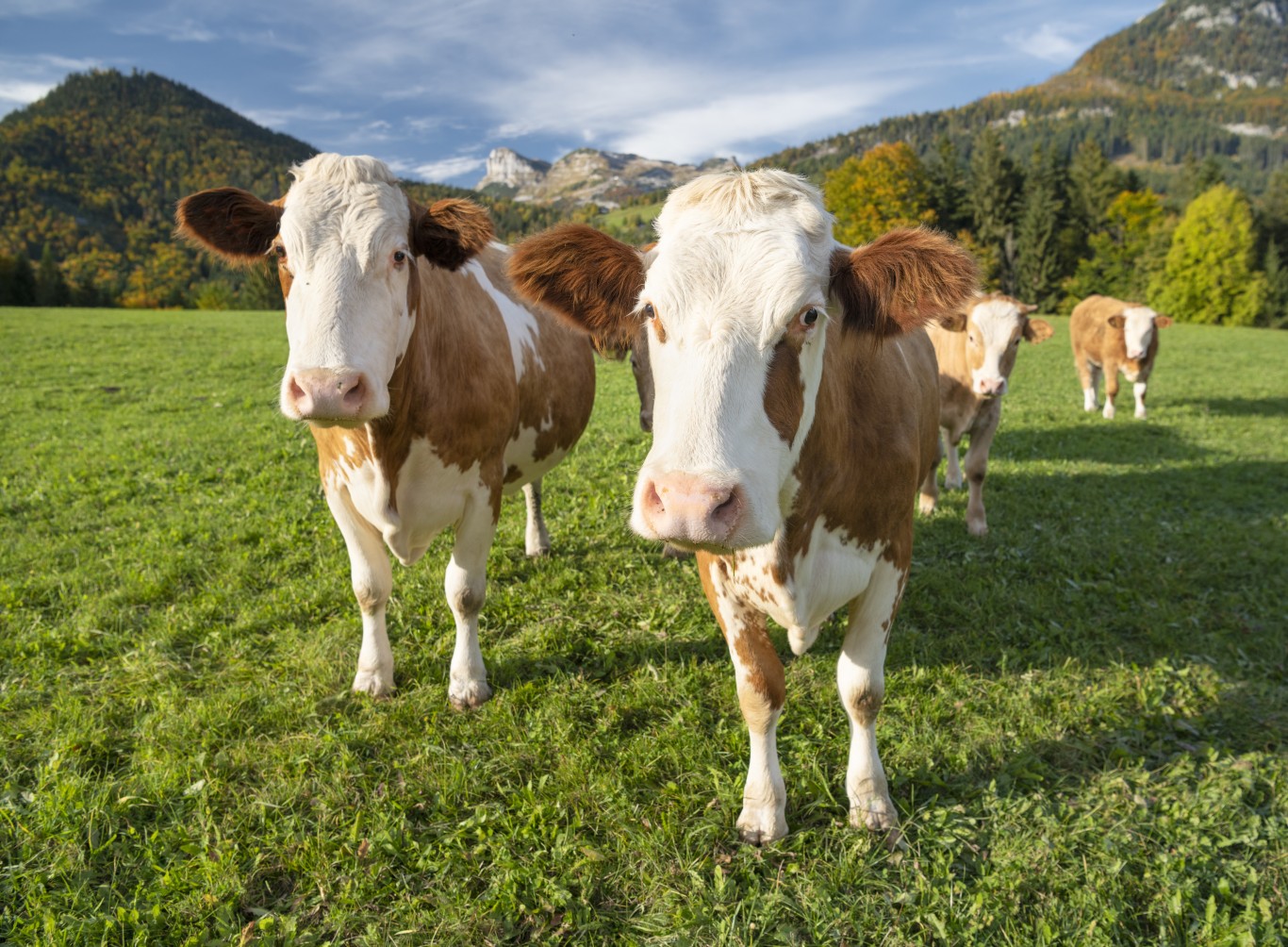
4. Austria
> Amount spent on organic food per person in 2020: €254 ($275.07)
> GDP per capita, 2021: $53,638 — #21 highest out of 266 countries
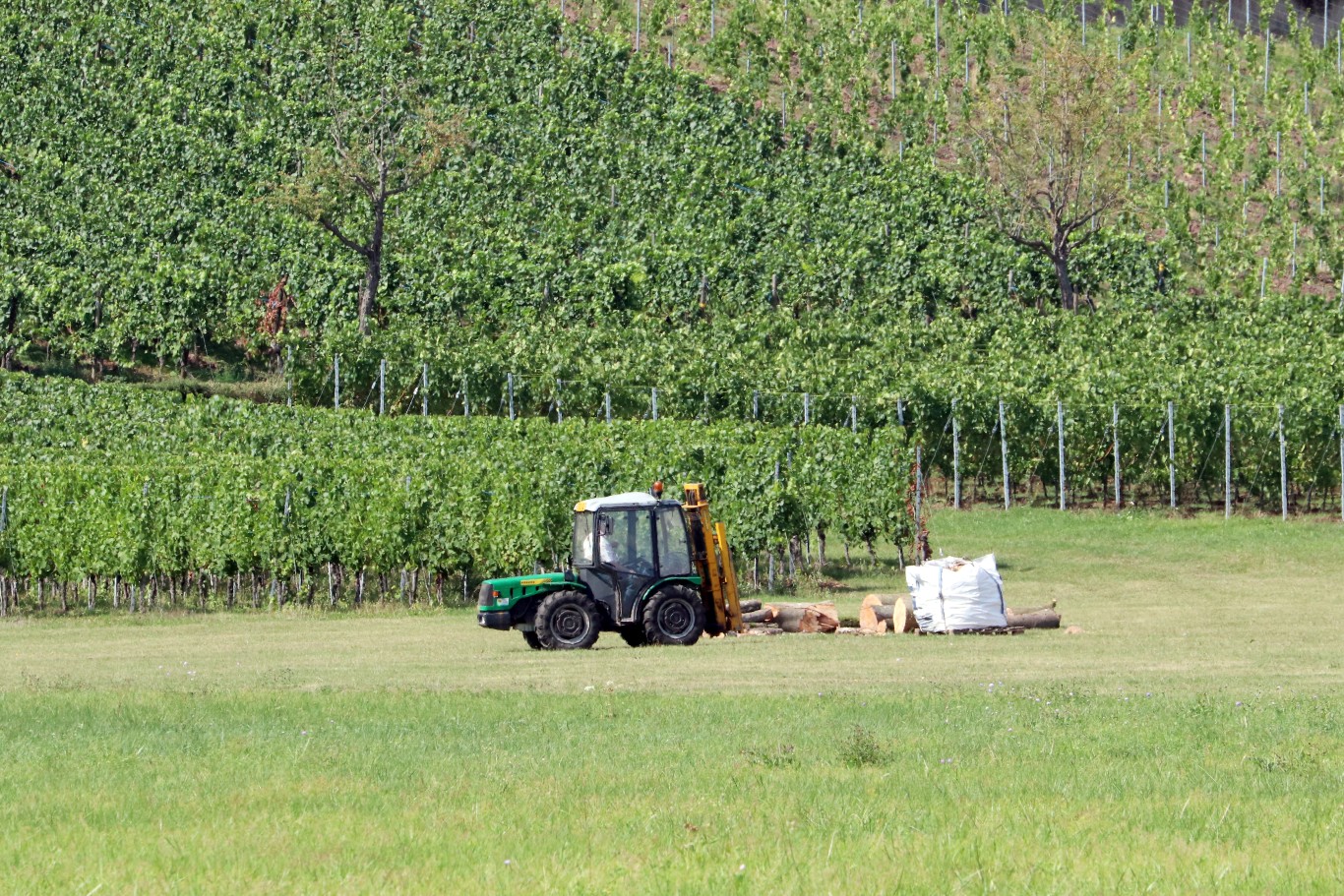
3. Luxembourg
> Amount spent on organic food per person in 2020: €285 ($308.65)
> GDP per capita, 2021: $133,590 — #3 highest out of 266 countries
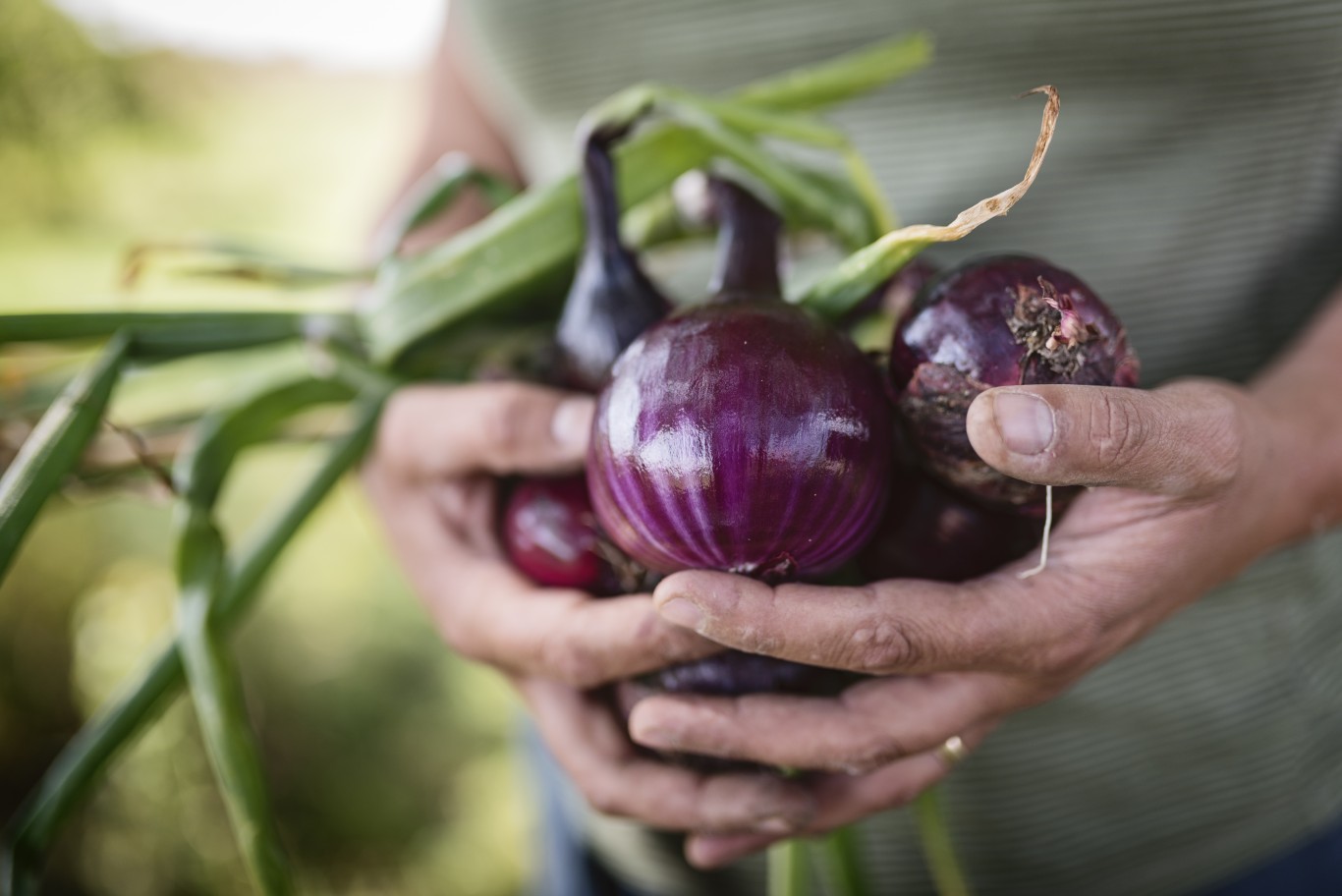
2. Denmark
> Amount spent on organic food per person in 2020: €384 ($415.86)
> GDP per capita, 2021: $68,008 — #14 highest out of 266 countries
[in-text-ad-2]
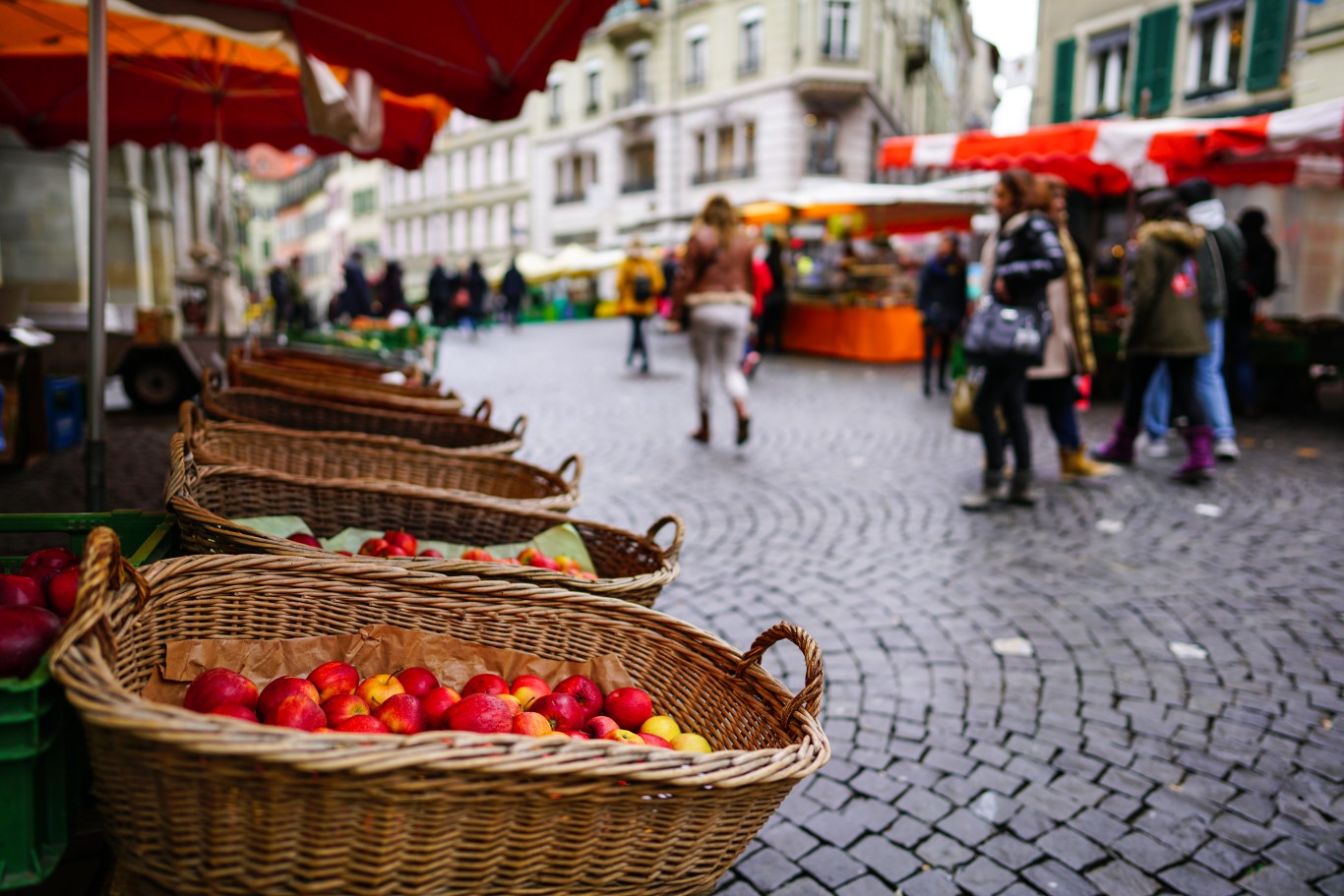
1. Switzerland
> Amount spent on organic food per person in 2020: €418 ($452.68)
> GDP per capita, 2021: $91,992 — #6 highest out of 266 countries
It’s Your Money, Your Future—Own It (sponsor)
Retirement can be daunting, but it doesn’t need to be.
Imagine having an expert in your corner to help you with your financial goals. Someone to help you determine if you’re ahead, behind, or right on track. With SmartAsset, that’s not just a dream—it’s reality. This free tool connects you with pre-screened financial advisors who work in your best interests. It’s quick, it’s easy, so take the leap today and start planning smarter!
Don’t waste another minute; get started right here and help your retirement dreams become a retirement reality.
Thank you for reading! Have some feedback for us?
Contact the 24/7 Wall St. editorial team.
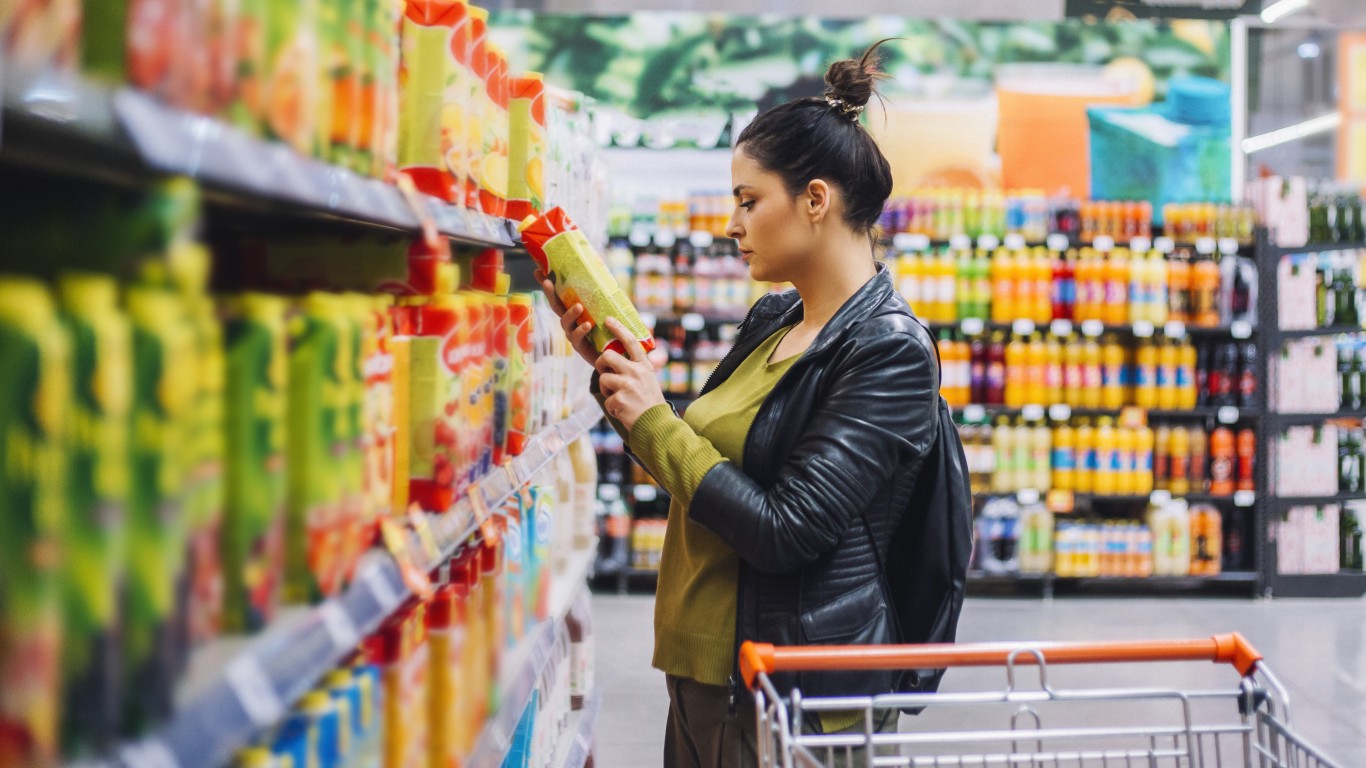 24/7 Wall St.
24/7 Wall St.